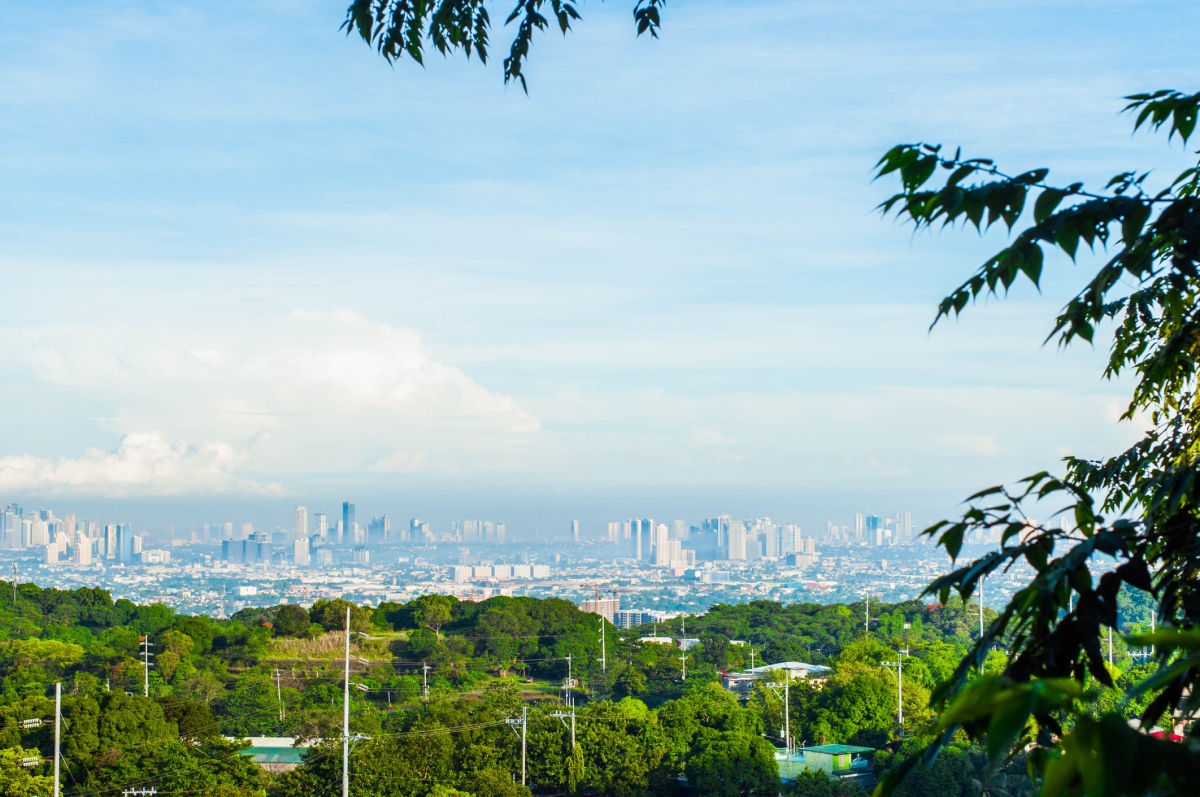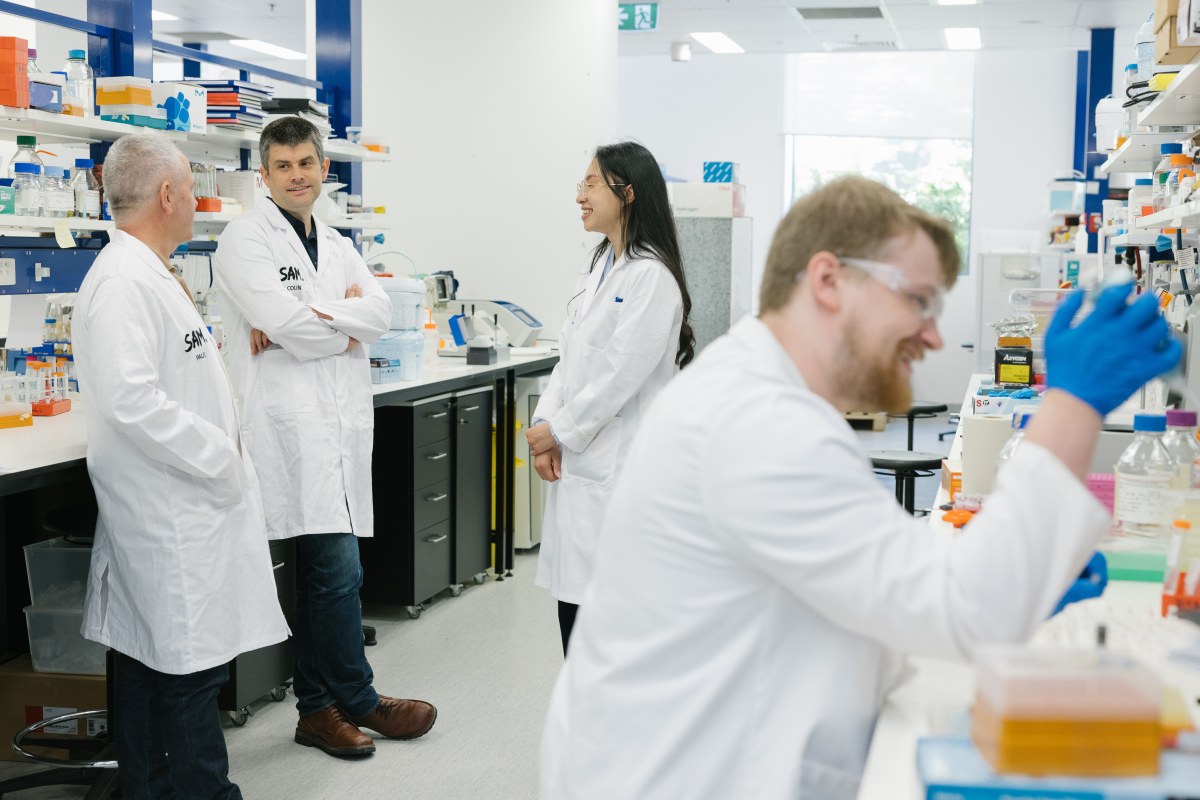Humble keeps excess inventory out of the Philippines’ landfills • ZebethMedia
Excess inventory, including returned items, from e-commerce, logistics and retail companies often ends up being disposed. Manila-based Humble Sustainability is a circular economy startup that wants to keep it out of the Philippines’ landfills. Since its launch, it has processed more than 150,000 items like clothing, consumer electronics and household appliances that are either resold through Thrift, its Shopee storefront, or passed onto B2B recyclers and resellers. The company announced today it has raised $750,000 in an oversubscribed seed round led by Seedstars International Ventures, with participation from iSeed Ventures and angel investors including Ula co-founder Alan Wong, Sagar Achanta (who has held product leadership roles at Amazon), Booking.com and Disney+, and investors Paco Sandejas and Richard Eldridge. Humble will use the funding to expand its network of partners and buyers, and grow its team, including hiring department heads. The company also plans to bring its tech development fully in-house and start work on long-term initiatives like a carbon footprint tracker. Humble Sustainability founders Niña Opida and Josef Werker. Image Credits: Humble Sustainability Humble was founded in 2021 by CEO Josef Werker and COO Niña Opida. Werker told ZebethMedia that the two met five years ago, after holding leadership positions at different startups, and wanted to see how tech innovation could be applied to the planet. The first version of Humble was a circular trading solution for children’s clothing, before it expanded into other items. “Neither of us are environmental scientists or sustainability experts at all,” Werker said. “We simply had a love for the earth and spotted an opportunity to apply our little experience of building businesses towards it.” Humble has worked with 20 companies so far. The process of getting items starts by receiving inventory for assessment, so Humble can see what condition they are in and figure out their value (as the company grows, it will automate parts of the quality control process). Then it decides whether to list items on Thrift, or sell them in bulk to its B2B network. Once their plans are approved, they sign an agreement with clients, who can monitor the status of their items and receive money from their sales. Humble plans to launch a live dashboard on its B2B platform so clients can track revenue, inventory and environmental impact in real time. Werker says without Humble, unwanted inventory would either go to a traditional liquidator (for higher-value items) or end up in a landfill. There are other solutions like internal employee sales, but those only account for a small percentage. “With Humble, it’s full consolidated,” he said. “We will take everything, ensuring that nothing ends up in a landfill. The good-quality items are on Thrift and high value is extracted, everything else is properly brought back into circularity through our B2B network and we will extract value that can be passed back to the client.” All of the investors in Humble’s seed round are actively involved in the business. For example, Seedstars introduced Humble to people its international network that the company has closed deals with, said Werker. Humble is also participating in Seedstars’ three-month growth track program. Wong and Achanta have worked together at different companies, including Amazon, Booking.com and Ula and are guiding Humble with advice on its tech development and long-term roadmap. In a statement, Seedstars partner Patricia Sosrodjojo said, “We are delighted to support Humble in the journey to reduce waste and promote circular living. Humble is a great fit to Seedstars’ thesis of supporting early-stage companies that can create meaningful impact with an attractive business model.”

